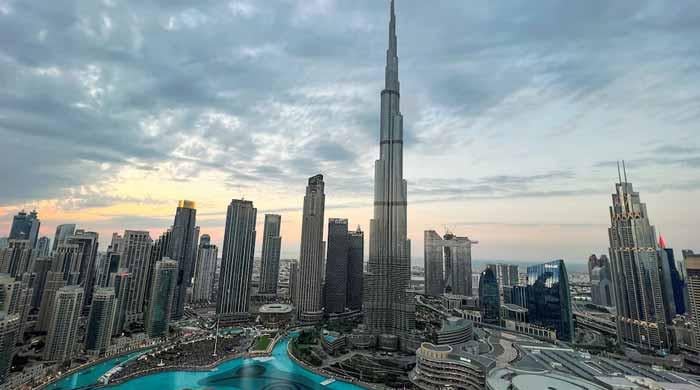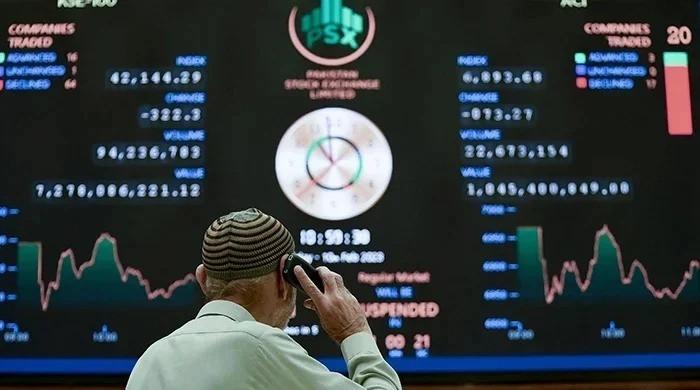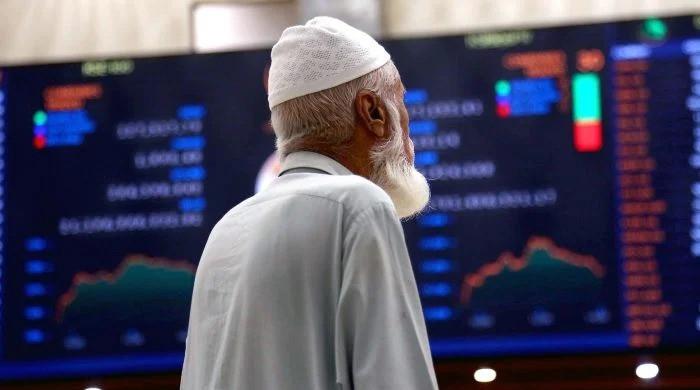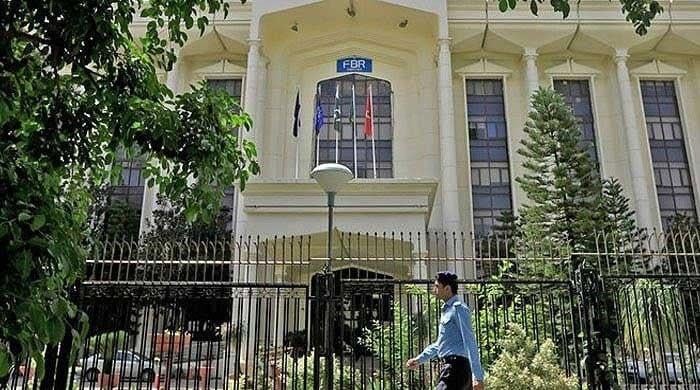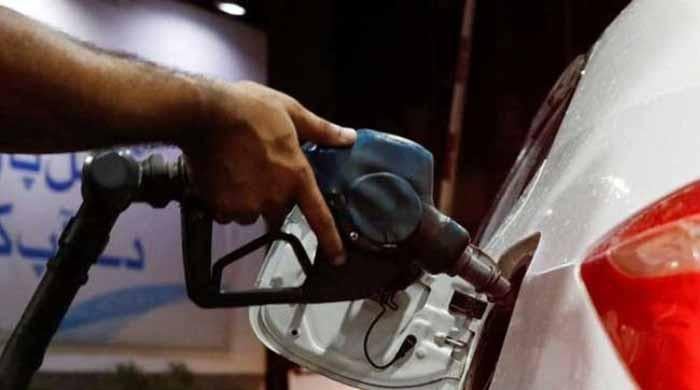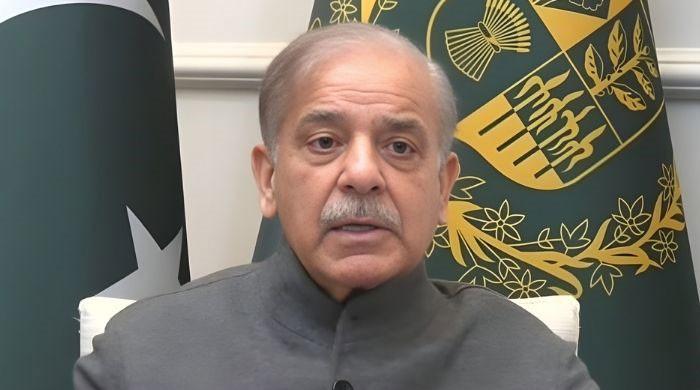Govt scales back Kamyab Pakistan Programme after IMF’s objections
In first phase, programme will be launched only in Khyber Pakhtunkhwa and Balochistan this month
September 08, 2021
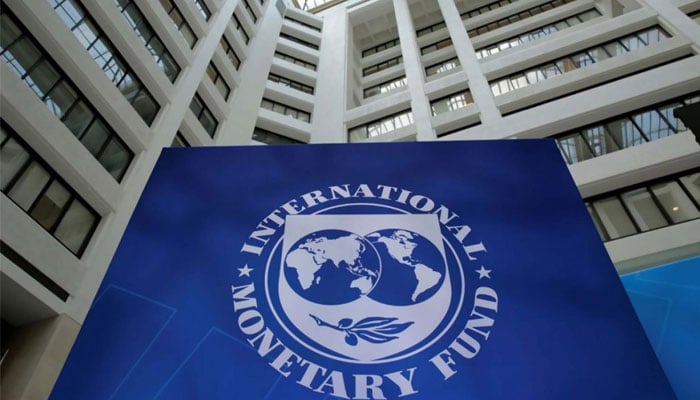
- The IMF had recommended the government soften the launch of Kamyab Pakistan Programme.
- In first phase, KPP will be launched in third week of September only in Khyber Pakhtunkhwa and Balochistan.
- IMF team remains engaged with Pakistani counterparts on conducting technical and data discussions, says IMF’s resident chief in Pakistan.
ISLAMABAD: The federal government has scaled back the Kamyab Pakistan Programme (KPP) in view of the objections raised by the IMF over the limit of guarantees for doling out a small loans' scheme under the programme.
According to a report published in The News, the IMF had suggested the government soften the launch of the KPP, however, the government decided to move ahead by phasing out loan programme.
In the first phase, the KPP will be launched in the third week of September only in Khyber Pakhtunkhwa (KP) and Balochistan while this programme will be launched in January 2022 in Punjab and Sindh.
“Pakistan and the IMF are scheduled to hold virtual talks for the sixth review from September 29, 2021 and then Finance Minister Shaukat Tarin will conclude policy level talks in Washington, DC, as he will be attending the annual spring meeting of Breton Wood Institutions (BWIs) such as the IMF and World Bank by the mid of next month,” top official sources confirmed while talking to The News on Tuesday.
When contacted, Federal Minister for Finance Shaukat Tarin said that the full-fledged KPP would be launched by the third week of the ongoing month but in the first phase, it would be launched in KP and Balochistan only. In the second phase, the KPP will be launched in January 2022 in Punjab and Sindh, he added.
When IMF’s Resident Chief in Pakistan Teresa Daban Sanchez was contacted last week and inquired about the schedule of upcoming virtual talks, she replied that the IMF team remains engaged with Pakistani counterparts on conducting technical and data discussions.
“We stand ready and are looking forward to our continued discussions with the Pakistani authorities on the set of policies and reforms that could form the basis for the completion of the 6th Review under the EFF. These discussions include identification of topics and work agenda among many other things,” she said.
According to the initial draft of KPP prepared by the Finance Division, the importance of SME and agriculture sectors in employment creation and contribution to GDP cannot be underscored.
Small enterprises and agriculturists are the essential building blocks of a country’s economy. Small businesses strengthen local communities because their workers spend their earnings on goods and services at home, whereas agriculturists are the key drivers of the value chain for providing means of sustenance to the masses. These sectors are the key drivers of generating employment in the country. However, despite their immense importance, these entities lack access to formal financing channels which limit their potential to grow.
Similarly, the construction industry is considered the backbone of an economy and provides stimulus to over 42 ancillary sectors, including aluminum, brick, cables, cement, fixtures, glass, kitchen and bathroom fittings, marble, paint, steel, tiles, transportation, warehousing and wood.
Growth of the construction industry has a far-reaching impact on the overall economy as it employs 8pc of the total labour force in Pakistan. Realising the importance of this industry, the government announced a relief package of PKR100 billion for the construction industry in 2020 with an objective to bridge the affordable housing gap through the NPLCHP and jump start the economy.
In line with the prime minister’s vision, GOP has taken many measures targeted towards poverty alleviation, employment creation, and provision of affordable housing to the masses.
The Prime Minister’s Kamyab Jawan-Youth Entrepreneurship Scheme (PMKJ-YES) is being executed through 21 banks and is aimed at providing subsidized long-term loans to start-ups, SMEs, and agriculturists.
The PMKJ-YES executing banks have so far been able to disburse Rs15.1 billion under the scheme to 13,300 borrowers against the total number of 1,183,000 applications received under the scheme. Likewise, despite allocation of mandatory targets for Low Cost Housing (LCH) under the Government’s Mark-Up Subsidy Scheme (GMSS) by SBP, offtake remains slow.
On the other hand, the country’s micro-finance industry has grown exponentially over the years with a total 46 Micro Finance Providers (MFPs) consisting of 11 MFBs (Micro Finance Banks), 30 MFI (Micro Finance Institutions), and five RSPs (Rural Support Programs) operating presently. With a growing branch network of more than 3,800 branches spread across the country, MFPs have reached an active borrower base of more than seven million customers with a considerably low loan infection ratio of 3.7pc.
Despite the micro-finance industry’s success story, only MFBs have been allowed to extend small housing loans under GMSS and that too, very recently.
Furthermore, none of the 44 MFPs are presently participating in PMKJ-YES. The key reason for the exclusion of MFIs, and RSPs in particular, is that these institutions are regulated by SECP whereas both GMSS and PMKJ-YES are being administered by SBP.




